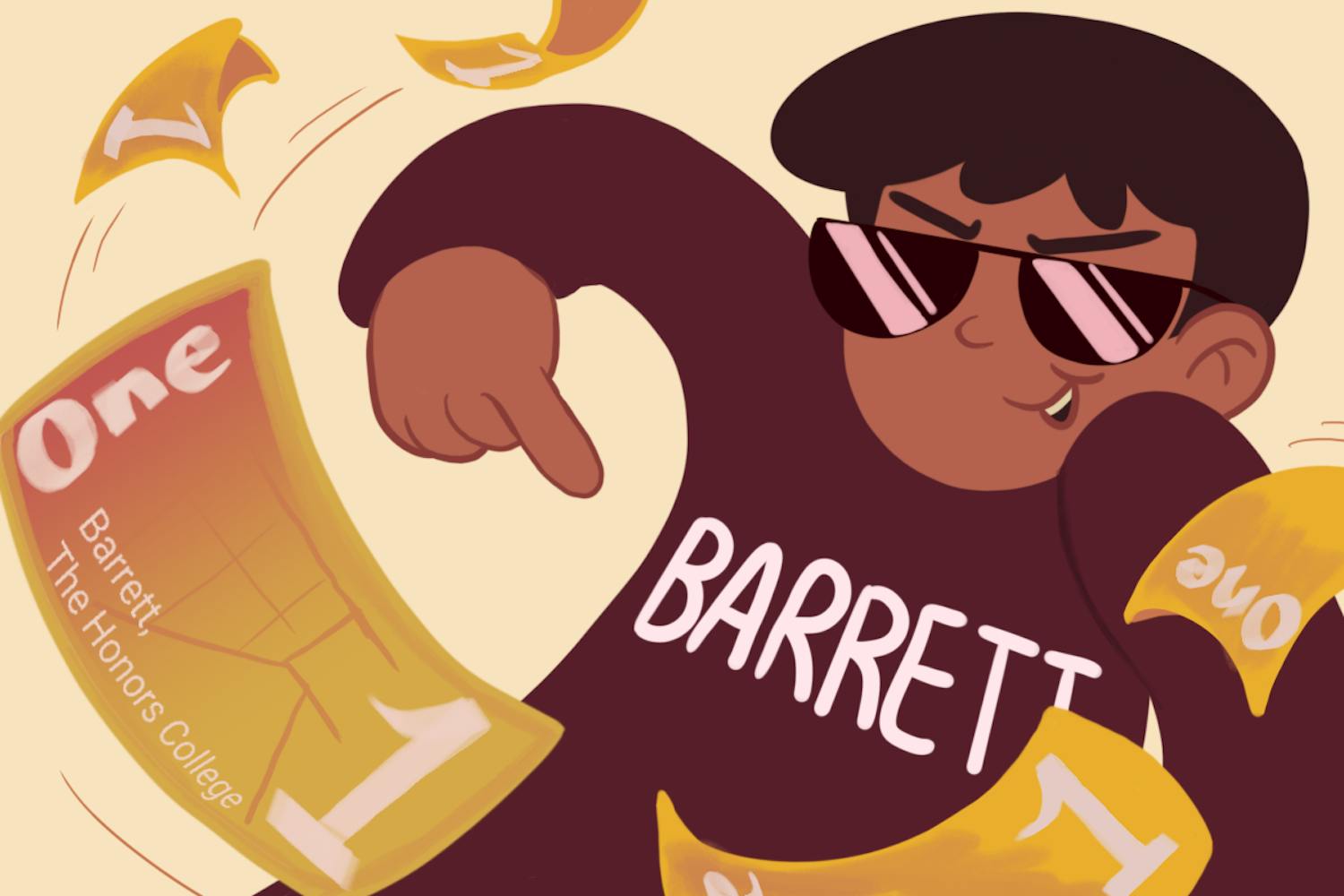We all hope as we enter new classrooms each semester that our professors will be intelligent, didactic and genuinely good at what they do; however, having an attractive instructor often comes as a curve ball.
While this is not a new concept, it is reinforced by systems such as that available through ratemyprofessors.com, which uses a chili pepper to indicate the "hotness" of a particular teacher.
It's no crime to be pretty, but a recent change.org petition is calling attention to university-based sexual violence, which includes a testimony from an ASU alumna.
The Ed Act Now petition asks the Department of Education to punish universities that do not adequately manage accusations of sexual harassment in compliance with Title IX. Among the petition's nearly 134,000 supporters is Jasmine Lester, an ASU alumna who accused a professor of sexually harassing her on a school Europe trip during her time at the University —– a matter she says ASU did not handle appropriately.
Lester and those who have had similar experiences are pushing for more accountability within university systems nationwide to ensure this kind of abuse is never swept under the rug.
College life can be quite a conundrum, especially with the age group falling roughly between 18 and 23 years old. While sexual acts committed between a teacher and a student in high school are strictly forbidden by law, the college professor-pupil relationship line can be blurred by age, particularly in the case of a young professor teaching other young adults.
The dynamic of power in a romantic relationship taking place between a professor and his/her student significantly undermines consent for both parties. Should anything in the relationship go amiss (as is prone to occur in relationships), suddenly other factors exist: grades, educations, careers and reputations.
While you can't change the fact that people will tend to be attracted to other people, it is clear that a nationwide examination of university sexual violence reporting systems is required. Cases of sexual harassment are often one party's word against the other's, and that seems to become weighted in favor of the person in a position of administrative power: the professor.
The tight-knit community common in many higher education programs, such as that of Barrett, the Honors College, should not be marred by the possibility of harassment. A professor should not be permitted to make not just one, but multiple passes at a person before it becomes evident that said instructor must be relieved of their duties.
If we want students to start reporting rape and sexual violence, then why don't we encourage them rather than letting any accusation fall to the wayside?
It's already intimidating enough to come forward with such brazen remarks about a possibly respected and long-time faculty member, not to mention bring said remarks to the attention of the administration of one of the nation's largest public universities.
Want to join the conversation? Send an email to opiniondesk.statepress@gmail.com. Keep letters under 300 words and be sure to include your university affiliation. Anonymity will not be granted.



